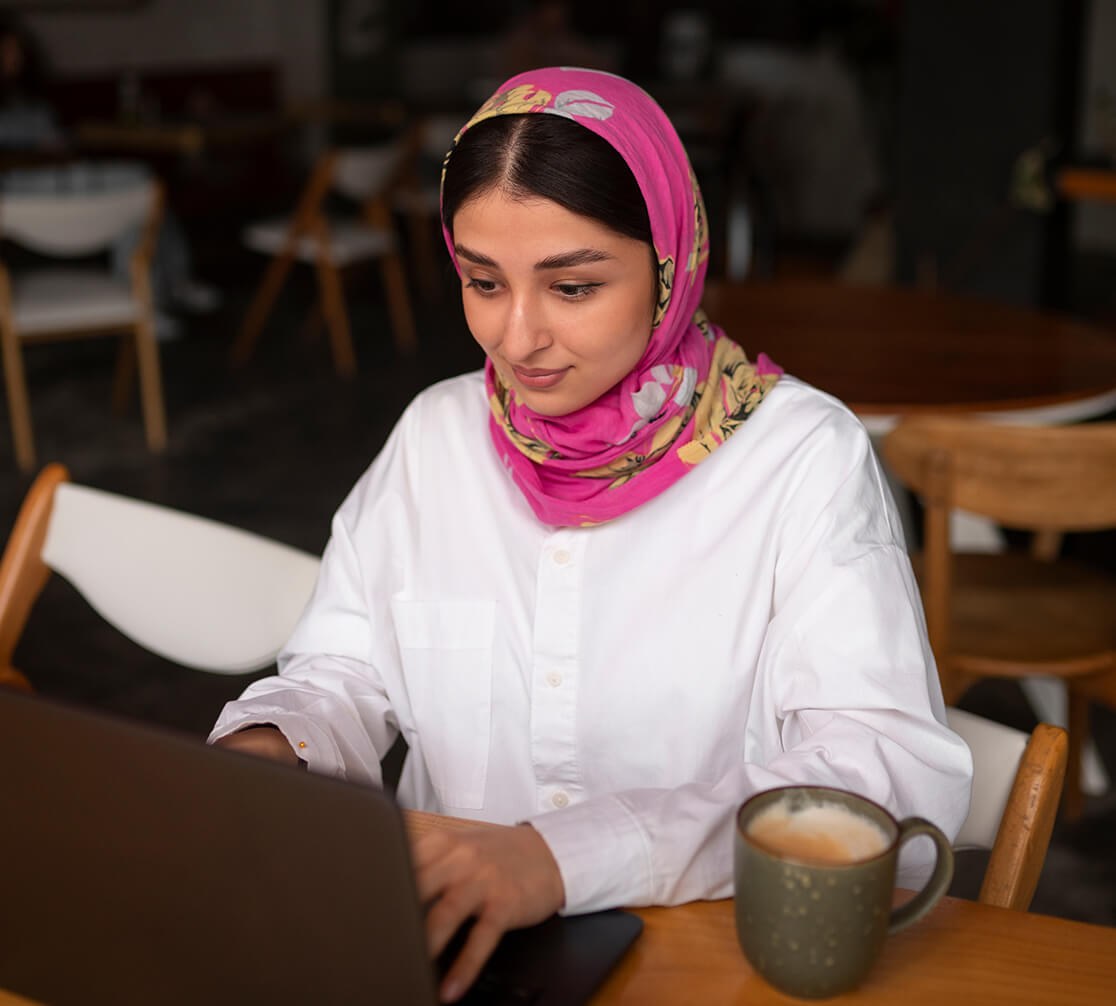
Meem Foundation’s Invest in Women for Lebanon (IWL) programme empowers women through entrepreneurial guidance, skill-building and holistic wellbeing support, with insights drawn from participant experiences.
Why measure impact?
At Meem Foundation we prioritise data driven decision making to achieve our mission and promote greater transparency and accountability. As a field, we lack meaningful measurement and metrics to understand effective solutions to gender inequality. There is a need to produce relevant gender indicators to drive effective programmatic decision making and resource allocation.

The words charity and philanthropy are often used as if they mean the same thing. Yet, they represent different approaches to social impact. Both aim to tackle social issues, but they differ in how they work and the scale of their impact. In our latest blog with Devayani Clark, we dive into the ways charity and philanthropy differ, examples of both and why they are both necessary.

Empowering women financially doesn’t just benefit individuals—it transforms families, communities, and entire economies. According to the UN, women reinvest 90% of their income back into their families, compared to 35% by men. This reinvestment leads to better education for children, healthier households, and stronger communities. Furthermore, the World Bank highlights that women’s labour force participation in the Middle East and North Africa currently stands at 19%. Closing the gender gap in employment could increase GDP per capita by 51% in the average MENA economy.
A Changing Landscape in the Middle East
The ripple effect of women’s empowerment is already evident across the Middle East:
- In Saudi Arabia, female labour force participation has risen from 16.4% in 2015 to 35.8% by 2024, exceeding Vision 2030’s target of 30% (Financial Times, 2024). This reflects the success of the Kingdom’s reforms aimed at increasing women’s access to jobs and creating a more inclusive market.
- In the United Arab Emirates, over 70% of university graduates are women, paving the way for future leaders in STEM, business, and public policy (Stimson Center, 2024).


